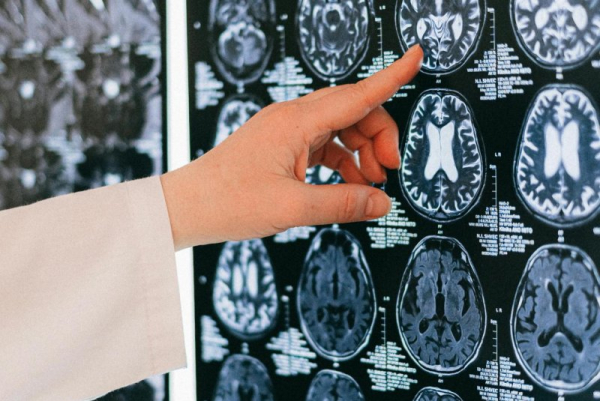

Researchers have identified a brain biomarker that could allow Alzheimer’s disease to be detected decades before symptoms appear. Photo by Anna Shvets/Pexels
In a finding that could change the way Alzheimer’s disease is treated, researchers have identified a brain biomarker that could allow the condition to be detected decades before symptoms appear.
The discovery by a team led by Colombian neuroscientist Francisco Lopera — working with the Neuroscience Group at the University of Antioquia and Florida International University in Miami — could give millions of patients advance warning.
The marker, known as translocator protein, or TSPO, is linked to brain inflammation that precedes cognitive decline. Researchers say its active presence could serve as an early warning signal, especially in people with a genetic predisposition.
“This discovery brings us closer to preventive medicine for Alzheimer’s. It’s not just about treatment, but anticipation,” Lopera said.
The study, published in Springer Nature, was conducted with families carrying the Presenilin 1 mutation, a genetic variant that causes early onset Alzheimer’s. Using neuroimaging and molecular analysis, the team found that TSPO can become active up to 20 years before patients develop memory loss or other symptoms.
The University of Antioquia announced the findings as dementia prevalence in Latin America is estimated at between 8% and 10% among people over 60 years old. The region’s population is aging faster than in high-income countries, increasing the burden of neurodegenerative diseases on health systems.
One of the key advantages of Lopera’s research is the potential to design preventive therapies before neuronal damage becomes irreversible. The study also opens the door to population screening tests, especially in areas with a high genetic prevalence.
Tomás R. Guilarte, lead researcher and dean of the Robert Stempel College of Public Health and Social Work at Florida International University, said, “If we can use this information to delay the progression of the disease by even five years, we could reduce its prevalence and significantly improve patients’ quality of life.”
In Chile, public health expert Claudio Román Codoceo said access to early Alzheimer’s diagnosis in the region is generally limited and delayed.
“If we add the aging of our countries to that, anticipating the disease is the best path to longer survival,” he said.
According to the Pan American Health Organization, more than 10 million people in the region could develop dementia in the next 20 years. Alzheimer’s is the most common form, accounting for 60% to 70% of cases.
The agency noted that, contrary to popular belief, dementia is not a normal part of aging and does not affect only older people.